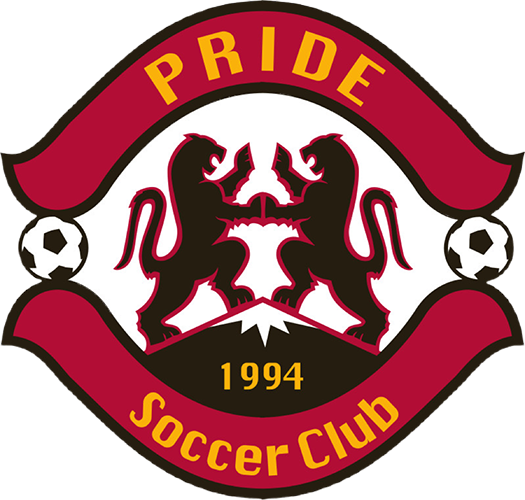Commitment Corner
2024

Dillon Clarke
University of Colorado – Colorado Springs

Ali Vohsman
Simpson College

Aiden Erickson
Bluefield State University

Kate Purvis
Trevecca Nazerene University
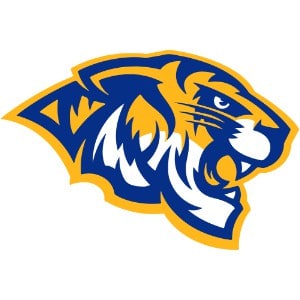
Daniel Magallon
Central Christian College of Kansas

Aliya Vidro
Concordia University of Nebraska – Seward

Tanner Widic
CSU-Pueblo

Aubrey Schraml
Academy of Art

Sabrina DeHart
Hastings College

Ryan Ellsworth
Biola University

Abby Davis
Lee University

Talon Wagner
George Fox University
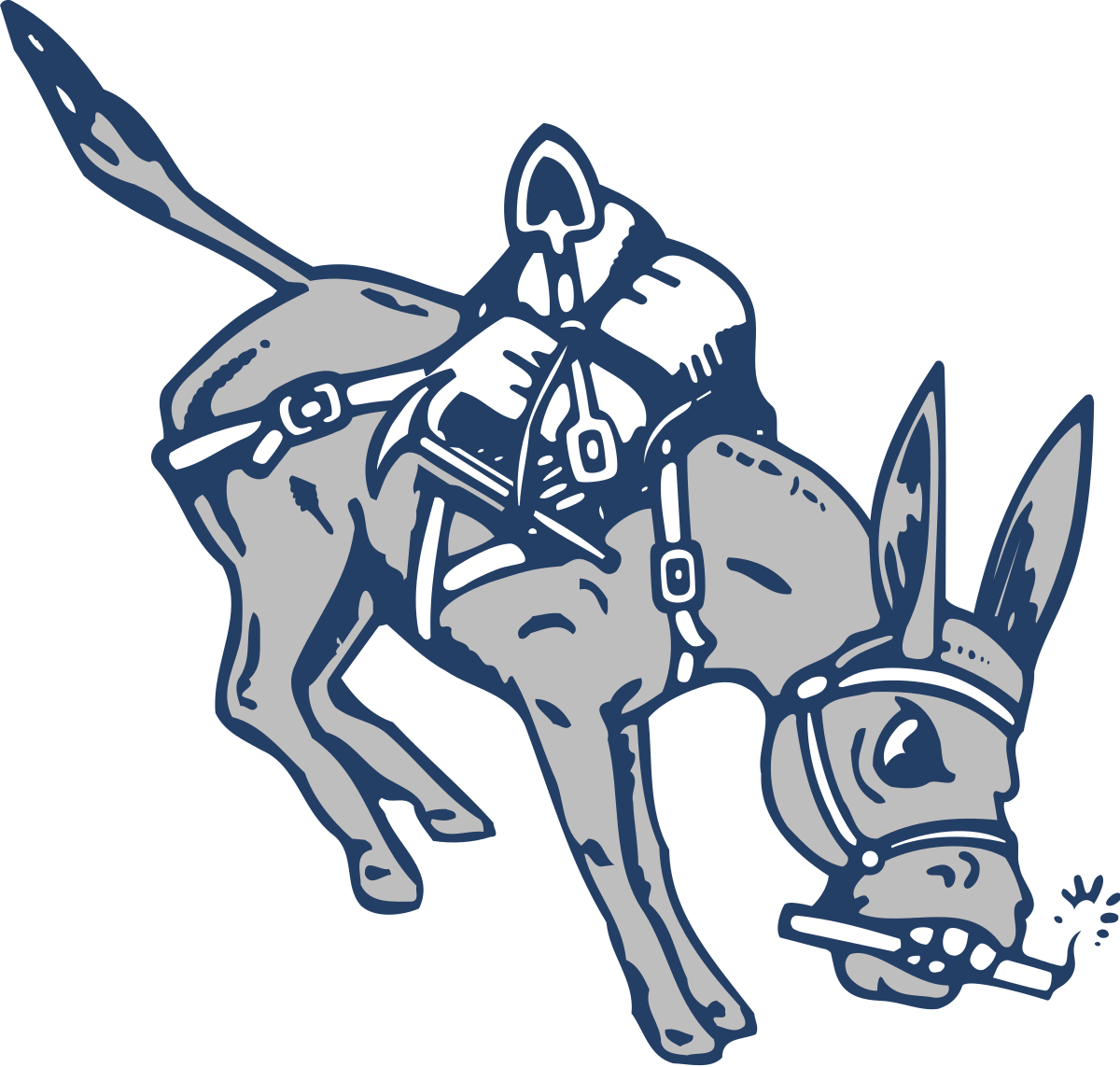
Dagen Gerber
Colorado School of Mines Club Soccer
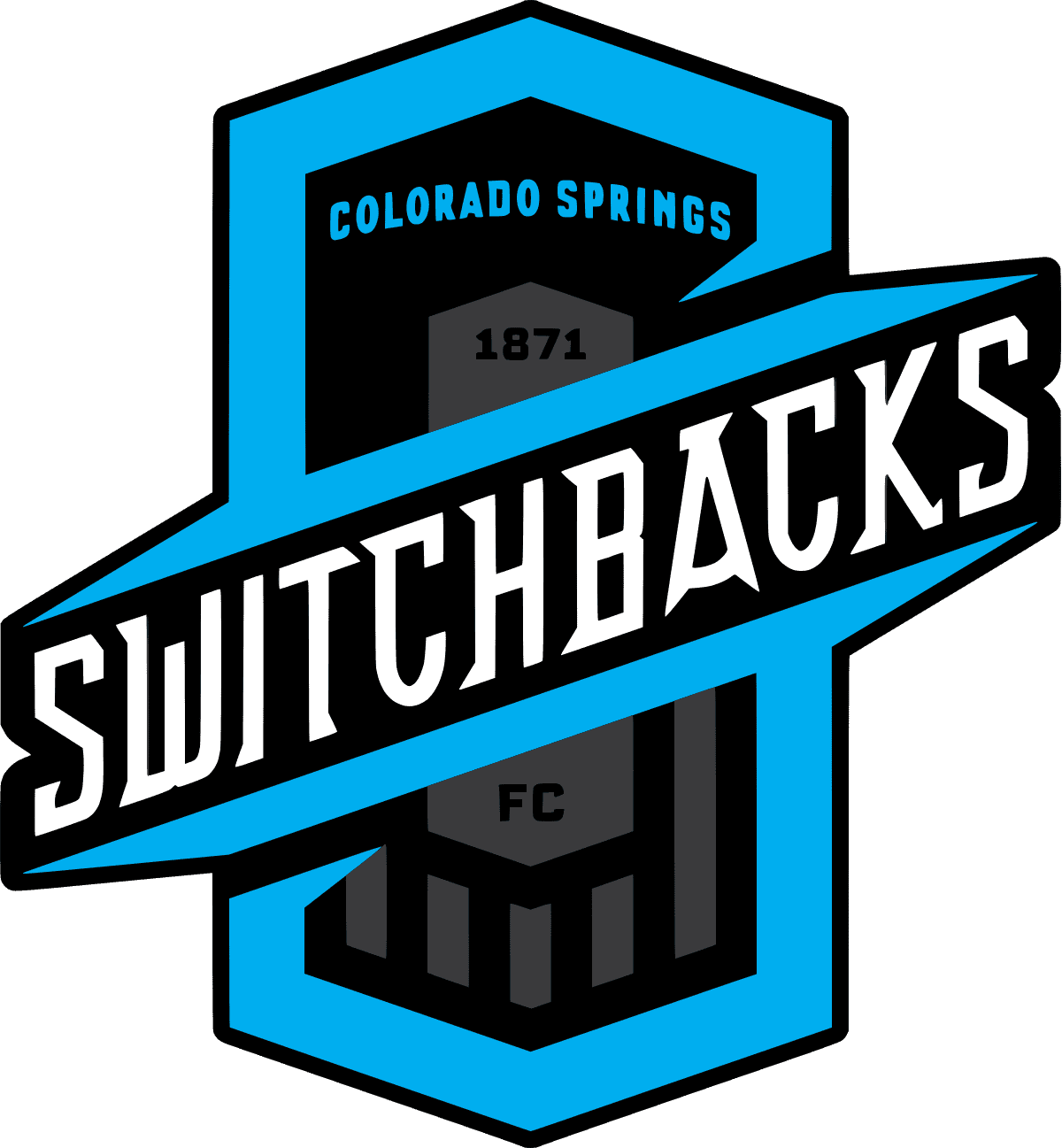
Azel Zuniga
Switchbacks Academy Contract

Carlos Estrada
Switchbacks Academy Contract

Elena MacAdam
Dordt University

Tyson Borden
SUNY- Cortland

Rylee Sterling
Lamar Community College

Sean Bratkowsky
Santa Clara University

Macey Williams
St. Peter’s University

Maddox Madrid
Pre-College Development Academy

Haylie Villalpando
Lesley University

Seba Gorbea
Northeastern Junior College

Haylie Zeigner
Colorado School of Mines Club Soccer

Sophia DeJoia
Marist College

Oliver Penn
University of Colorado – Colorado Springs

Tyara Vasquez
Otero Junior College

Brayden Tester
Wright State University

Meghan Storch
US Naval Academy
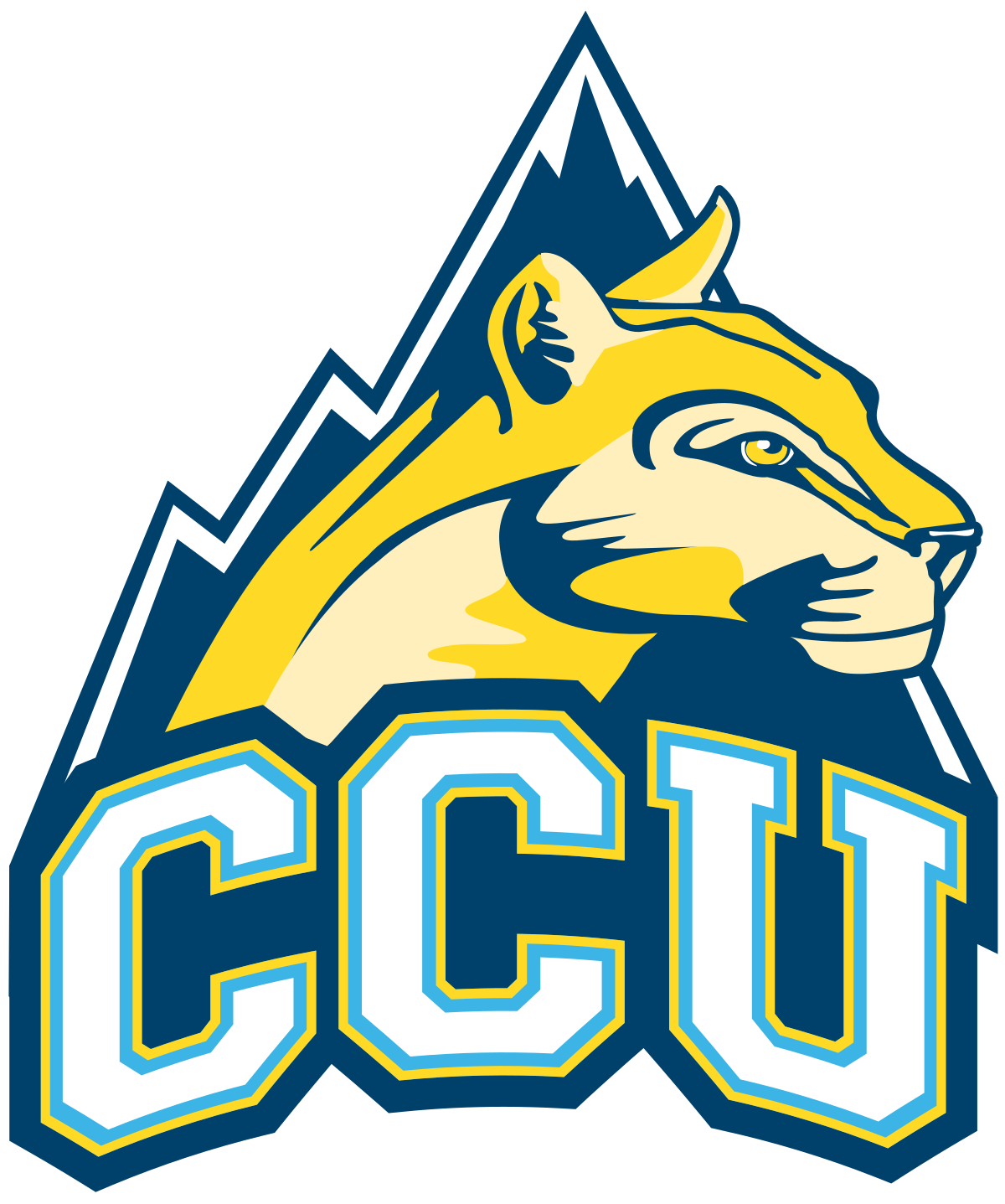
Alexis Byrd
Colorado Christian University
2023

Sophie Kincaid
University of Iowa

Sarah Travis
Grinnell College

Monica Yoder
Metro State University – Denver

Landon Raulie
Minot State University

Bradford Goodrich
Mississippi College

Grace Thao
University of Central Florida

Kai Nuhn
Metro State University – Denver

Braedon Nunez
Lake Forest College

AJ Fitzpatrick
Western Colorado University

Payten Henshaw
Hastings College

Owen Sutherland
Colorao Christian University

Jasmine Enright
Northeastern Junior College

Rylee Cudney
Westminster College

Kaden Graves
Chaminade University

Madrid Mack
Metro State University – Denver

Delaney Edwards
Colorado Christian University

Eli Bastiaansen
Sewanee: The University of the South

Carlee Andrews
University of Wisconson – Platteville
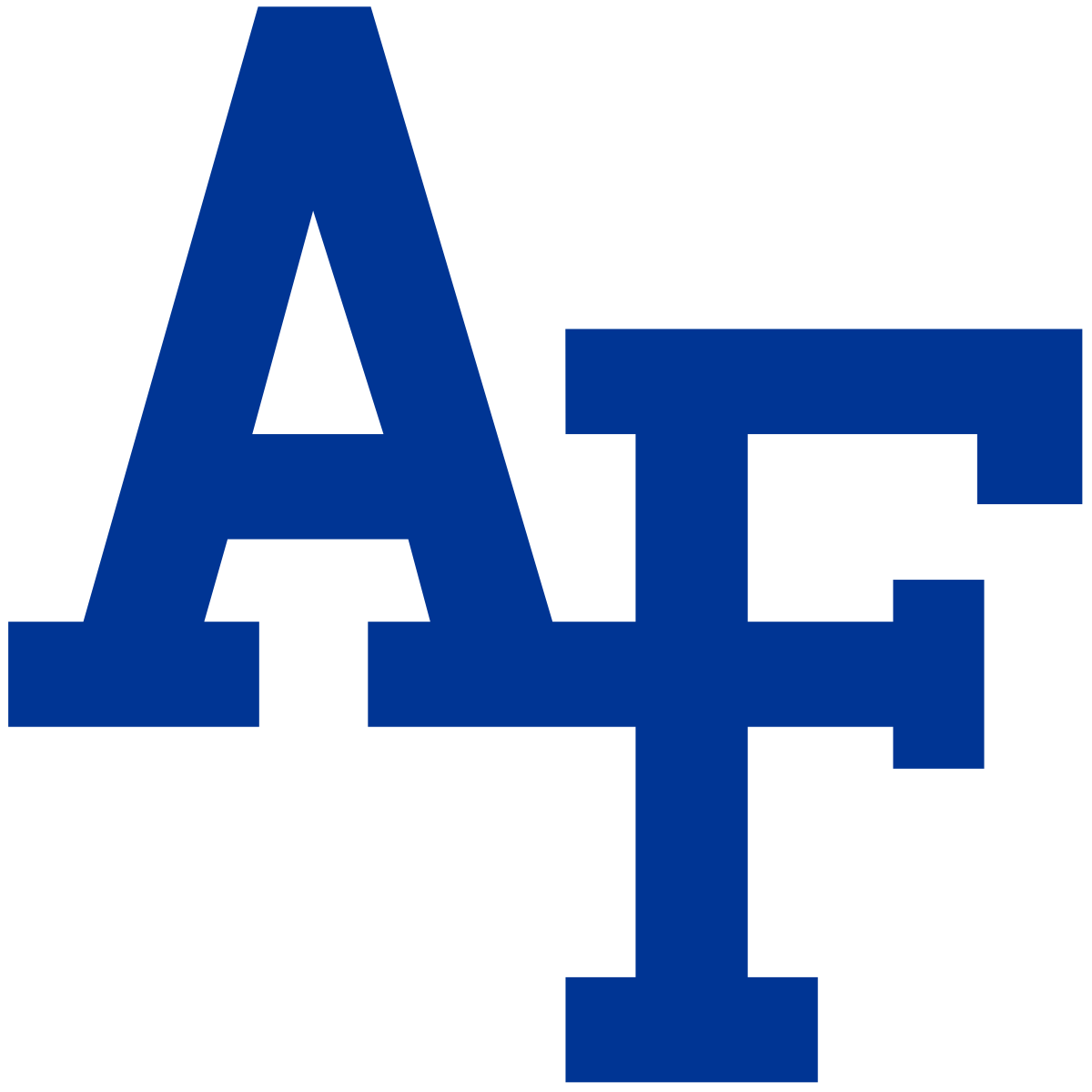
Paige Gartner
Air Force Academy
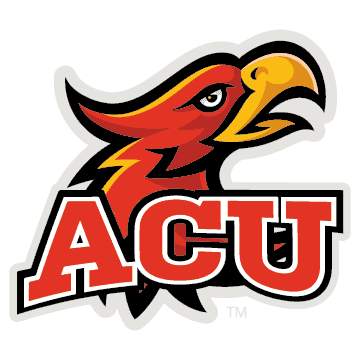
Alex Robinson
Arizona Christian University

Francesca Jordan
University of Northern Colorado

Payten Smith
Nebraska Wesleyan University

Ty Kinder
Pre-College Development Academy
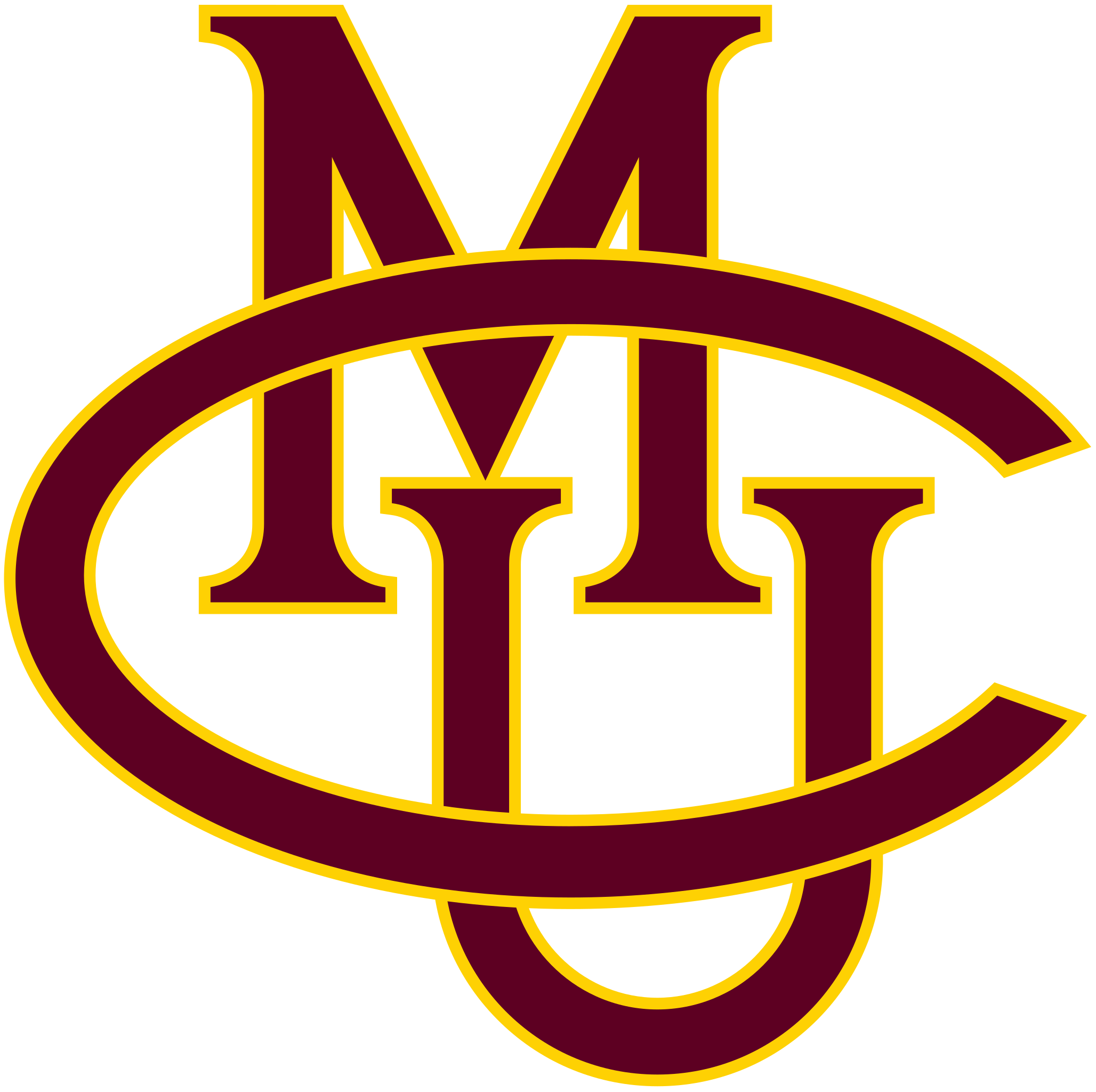
Sarah Dunn
Colorado Mesa University

Nikki Smith
Hastings College

Ryan Bacca
Northeastern Junior College

Abram Morales
Pre-College Development Academy

Sami Kulzer
Coker University
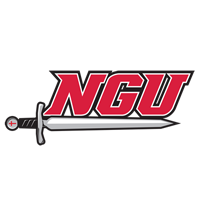
Finley Lloyd
North Greenville University

Taylynn Levi
University of Colorado – Colorado Springs

Ella Salsbury
Colorado Christian University
2022

Jeremy McClain
Central Christian College of Kansas

Brandon “Jessie” Parkinson
Central Christian College of Kansas
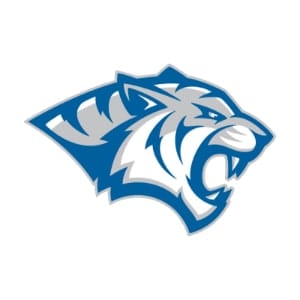
Colton Douglas
S. Dakota Wesleyan

Logan Singh
Central Christian College of Kansas

Luis Magallon
Central Christian College of Kansas
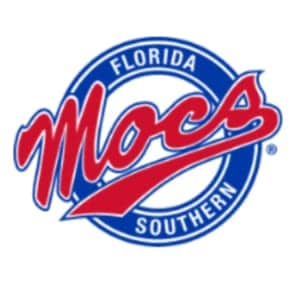
Joshua Swank
Florida Southern
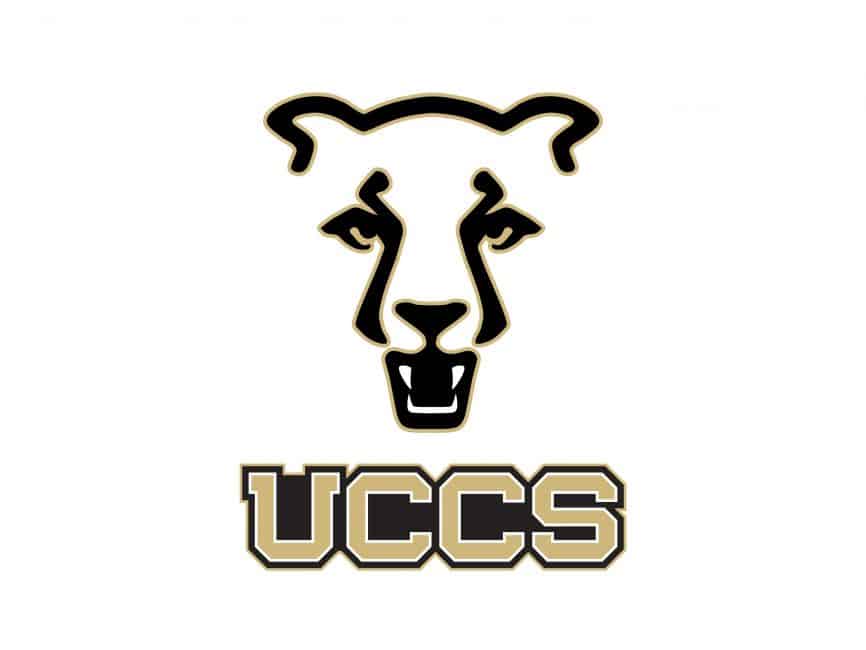
Kole Anderson
UCCS

Miles Seminario
UCCS

Brek Foulk
Central Christian College of Kansas
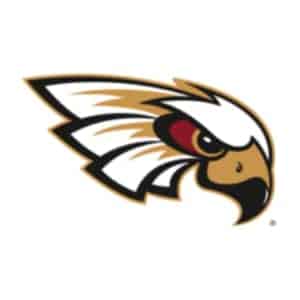
Kevin Williams
Coe College
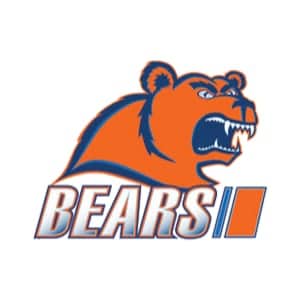
Matthew Abate
US Coast Guard

Mady Schoffstall
Nebraska Wesleyan

Amaya Chaffee
Central Christian College of Kansas

Sydney Burskey
Northern Iowa University
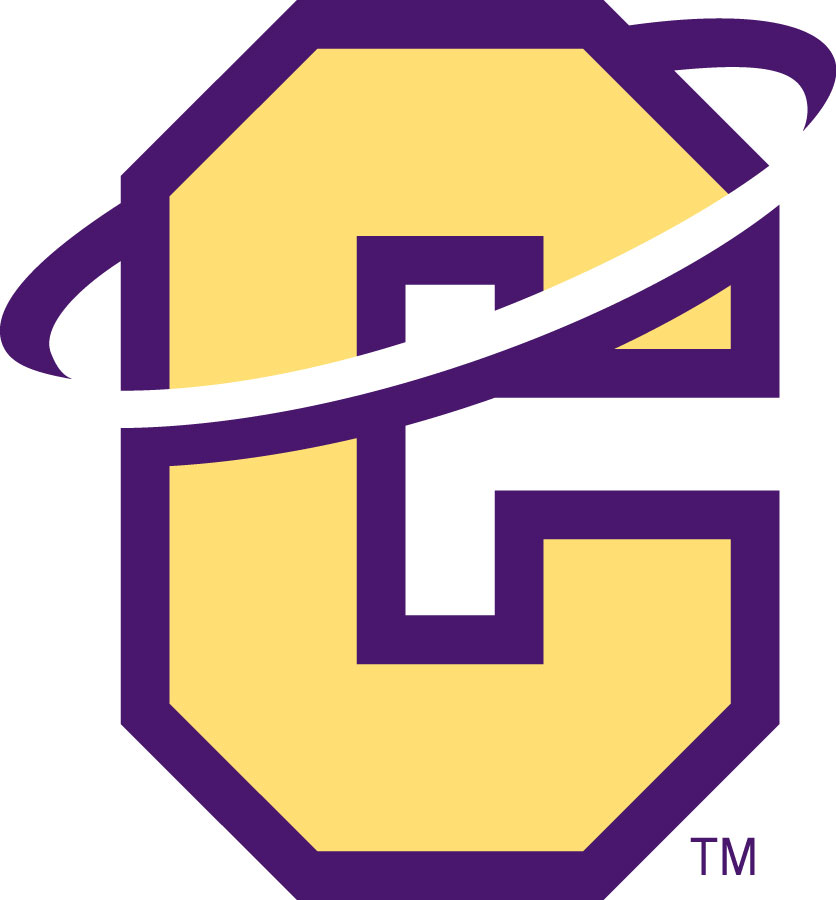
Ella Kuenzli
Carroll College

Sydney Coulter
Carroll College

Melina McClure
UCCS

Katelyn Beckman
Central Christian College of Kansas
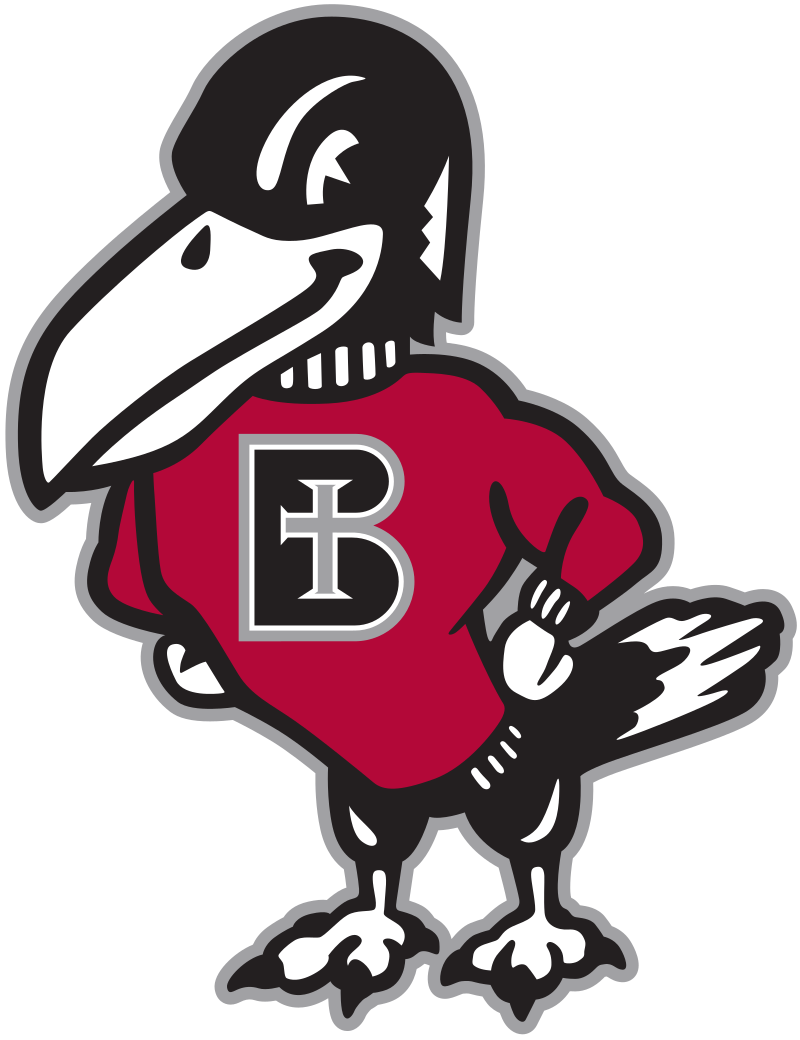
Ashley Wallau
Benedictine College
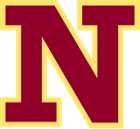
Rylie Reading
Northern State University

Tess McConnellogue
Kansas State

Callie Furh
Colorado School of Mines

Katie Wotta
Air Force
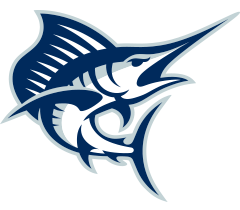
Syndey Brewer
Palm Beach Atlantic
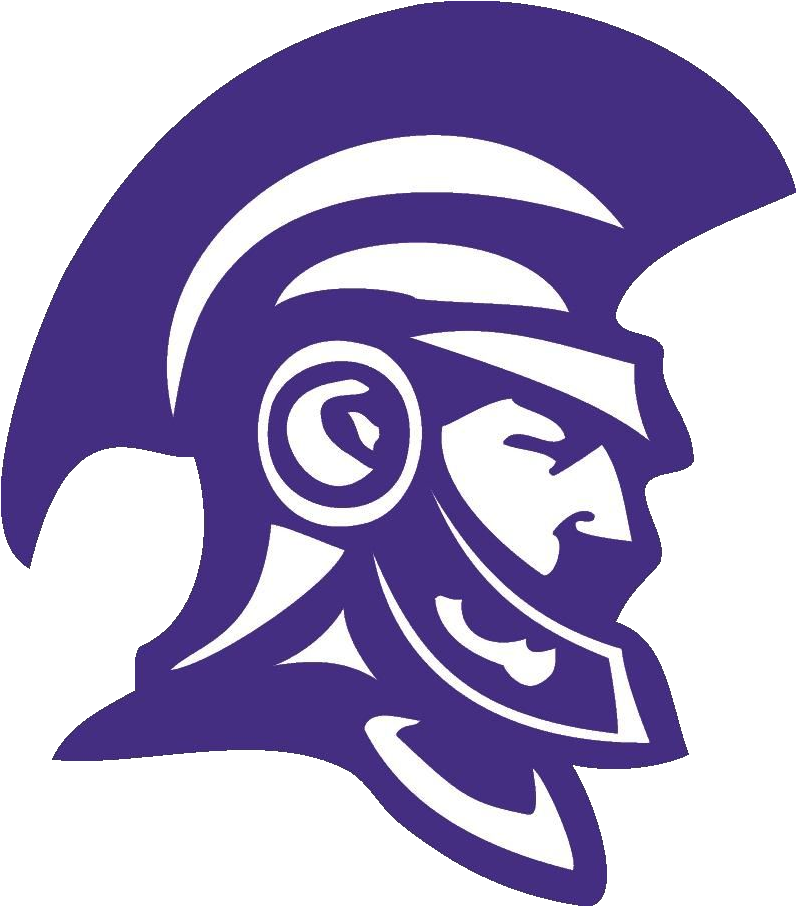
Bailie Fiore
Trevecca Nazerene

Aubrey Kremer
North Greenville State
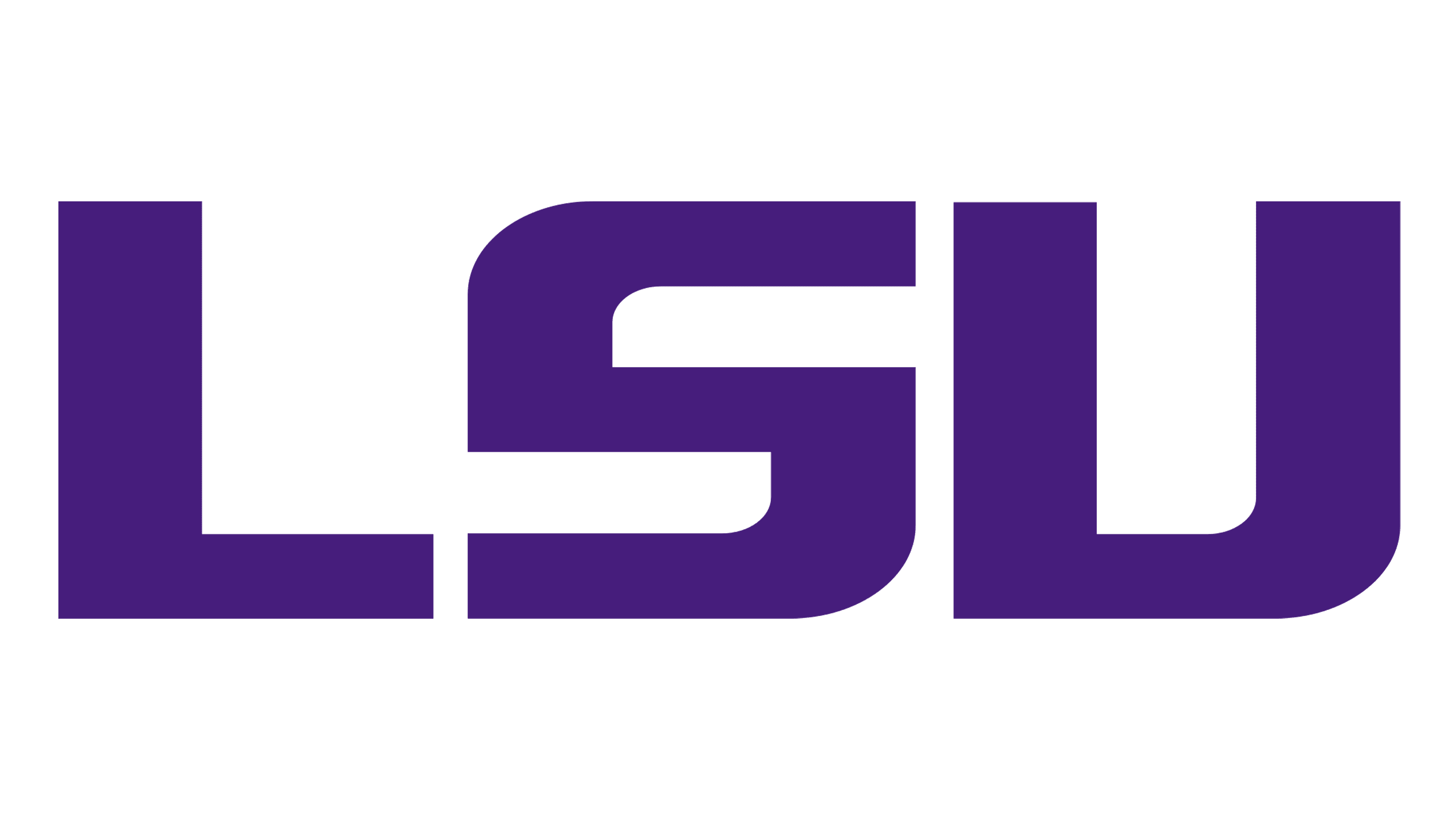
Jocelyn Ollivierre
LSU
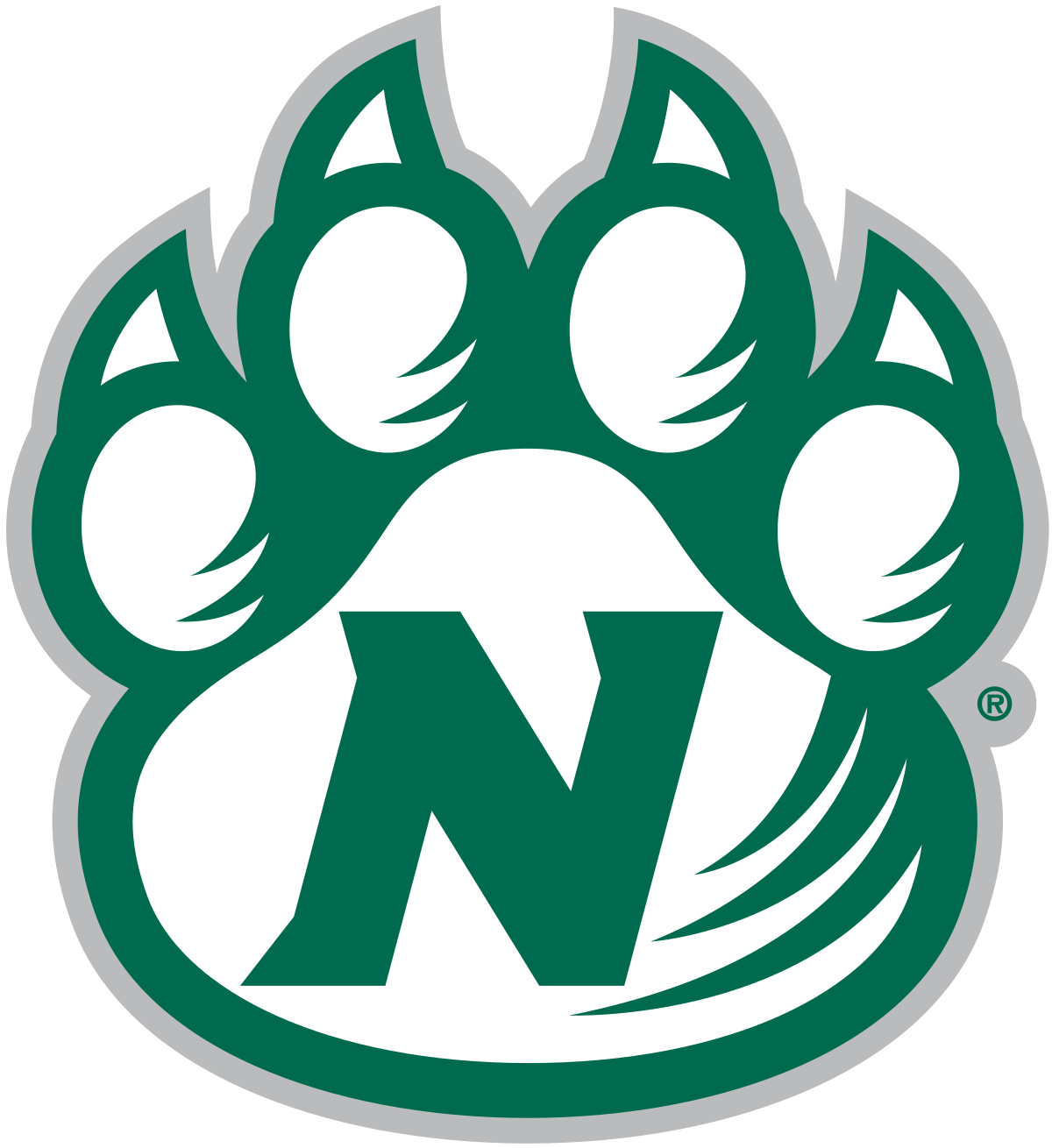
Moira “Mo” Franck
NW Missouri State
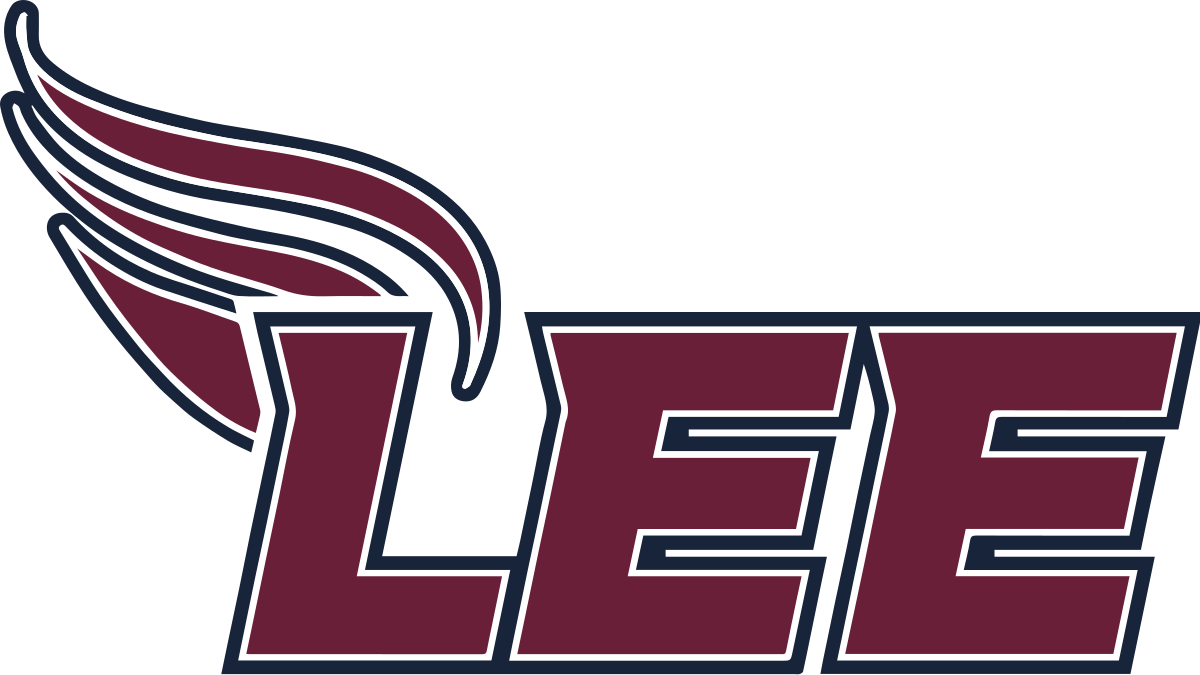
Avery Sides
Lee University

Myah Patterson
Loyola University – Chicago
2021
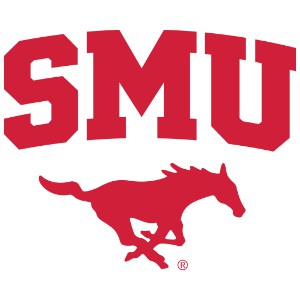
Jeff Koch
Southern Methodist University
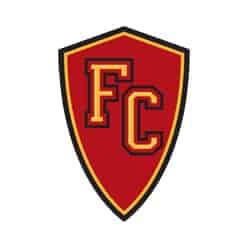
Sam Reynolds
Flagler College
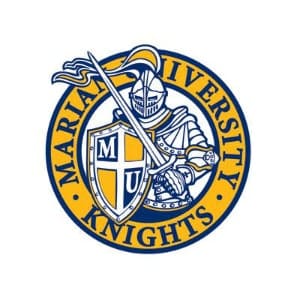
Tyler Prichard
Marian University

Nathan Van Keulen
Marian University

Spencer McCumber
Marian University

Kameron Hooker
Marian University

Jack Blair
Marian University
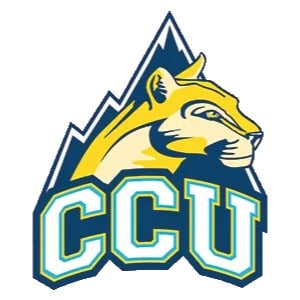
Caleb Dodge
Colorado Christian University

Garret Douglas
S. Dakota Wesleyan
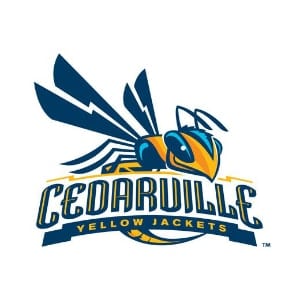
Jackson Isaacs
Cedarville University
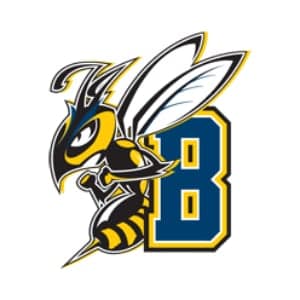
Roddy Lewis
Montana State Univ Billings
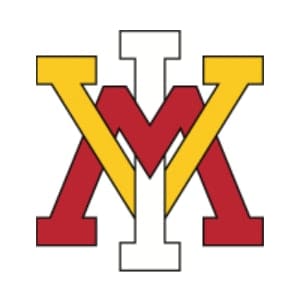
Cole Mooney
Viginia Military Institute

Lucy Hart
UNC – Greeley

Jadyn LeDoux
UCCS

Sydney Lasater
UCCS

Sydney Engelkins
UCCS

Lauren Lacy
Lesley University

Isabella Reinhardt
Palm Beach Atlantic University

Kaelin Enga
Colorado College

Alli Hotz
Colorado Christian

Capri Dewing
Colorado Christian

Sophie McConnell
Central Christian College of Kansas
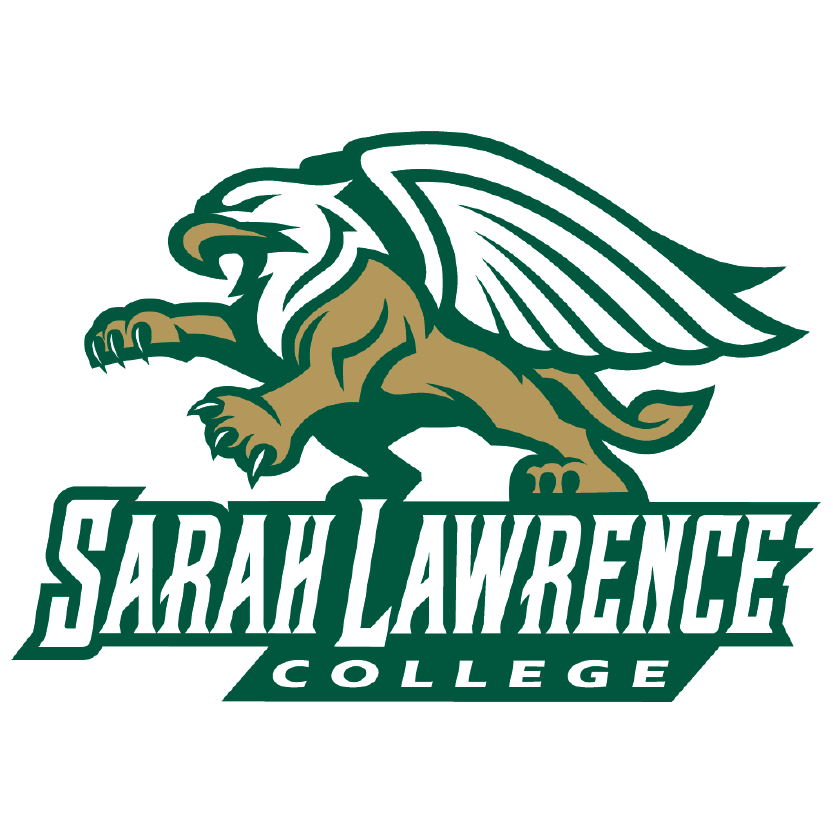
Lily Matalus
Sarah Lawerence

Maria Martinez
Colorado Mesa

Annie Louthan
Oklahoma Baptist

Shaela Leahy
Central Christian College of Kansas
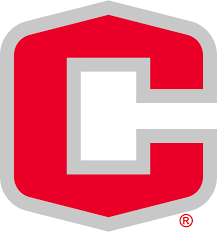
Makayla Stone
Central College

Amelia Neddo
Central Christian College of Kansas

Jessie Sims
Oklahoma Baptist
2020
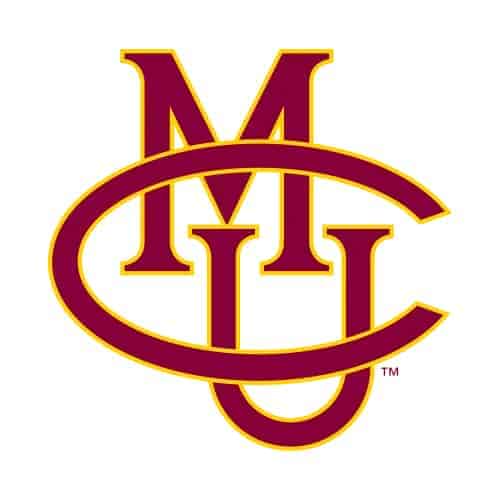
Shane Bryan
Colorado Mesa University
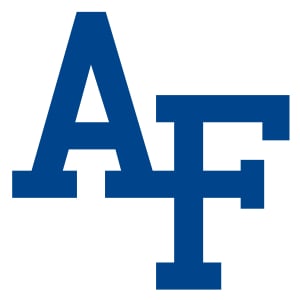
Thad Dewing
Air Force Academy
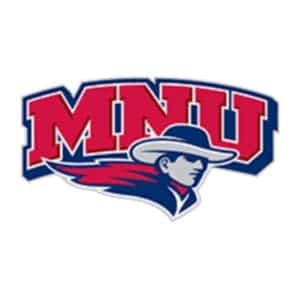
Caleb Farmer
Mid-American Nazarene U

David Peters
Colorado Mesa University
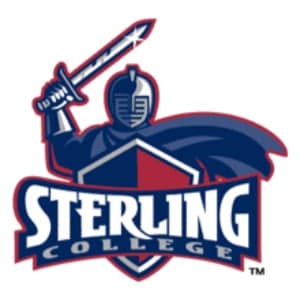
Gabe Prada
Sterling College

Kelton Hooker
UCCS
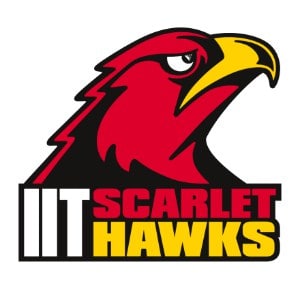
David Glazener
Illinois Tech

Adin Schwenke
UCCS

Ethan Ward
Dordt College

Eli Young
Lake Tahoe CC

Dylan Cornejo
Lake Tahoe CC
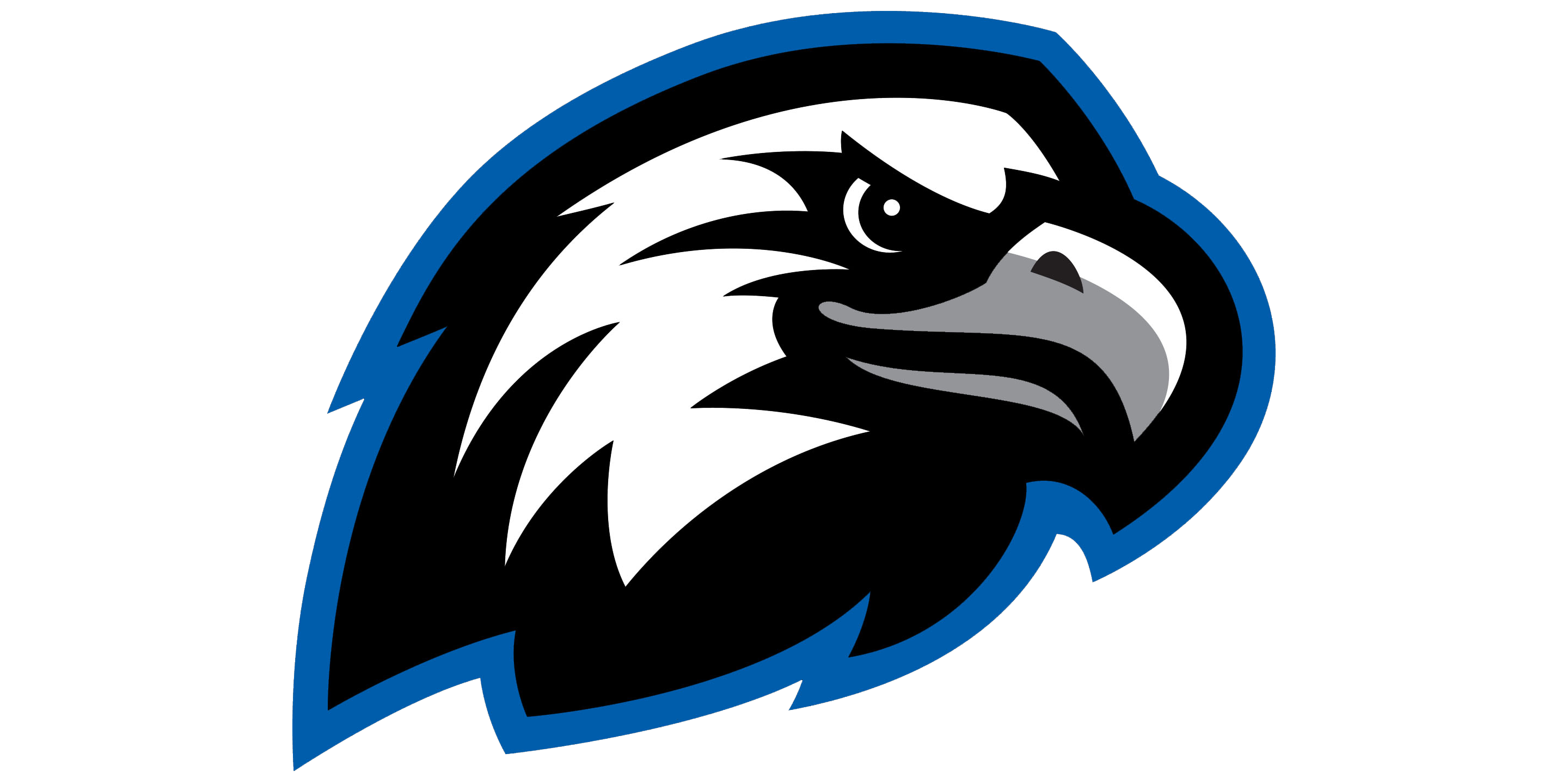
Sam Zink
Faulkner University
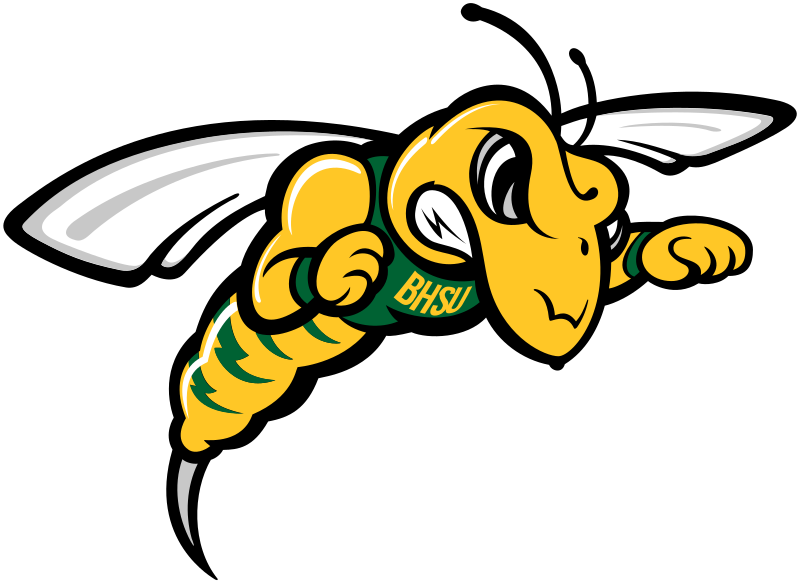
Lexi Collard
Black Hills State

Ashleigh Decker
Black Hills State

Halle Wibbels
Black Hills State
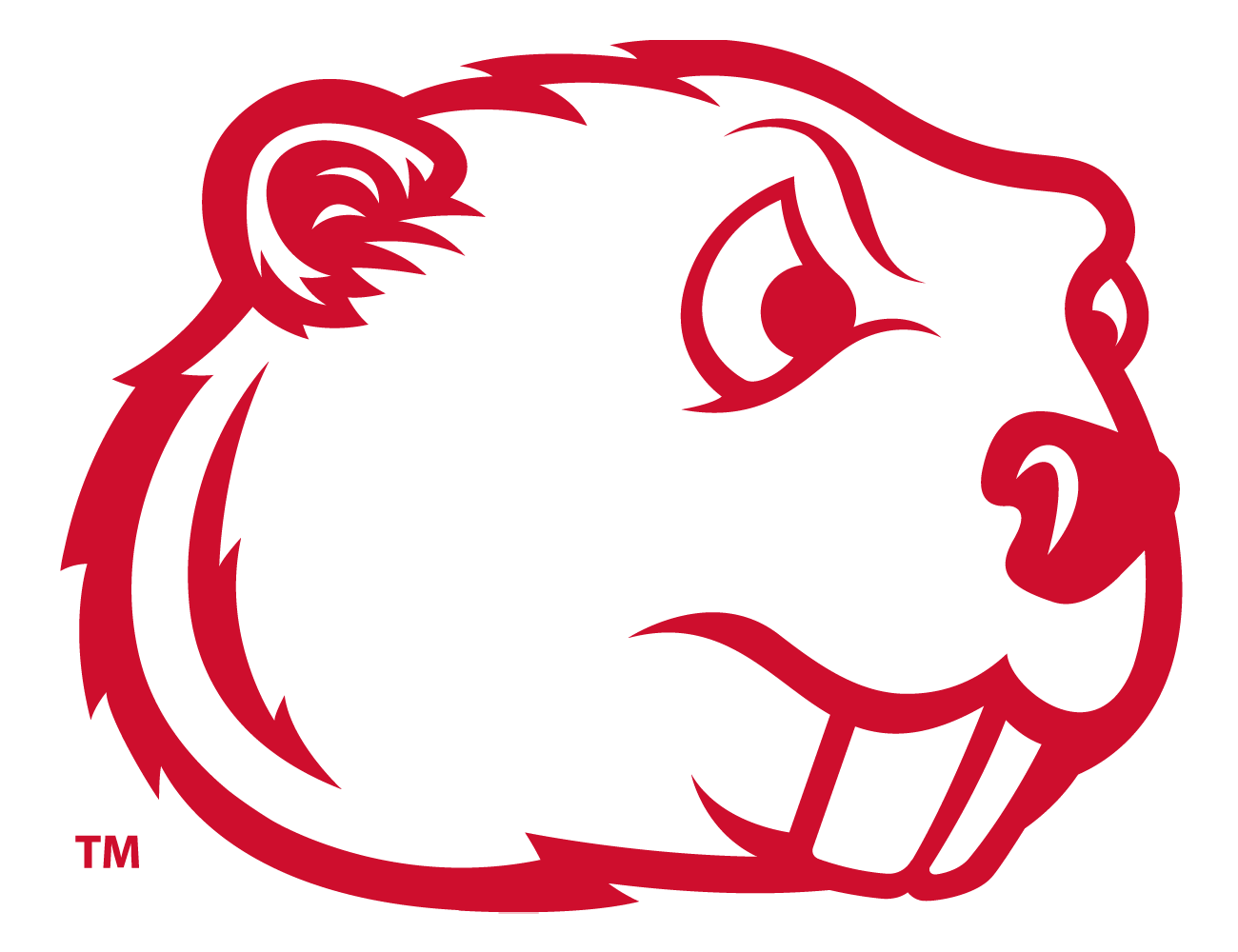
Julia Lashlee
Minot State

Heather Parrish
Minot State

Madelaina Underwood
Minot State
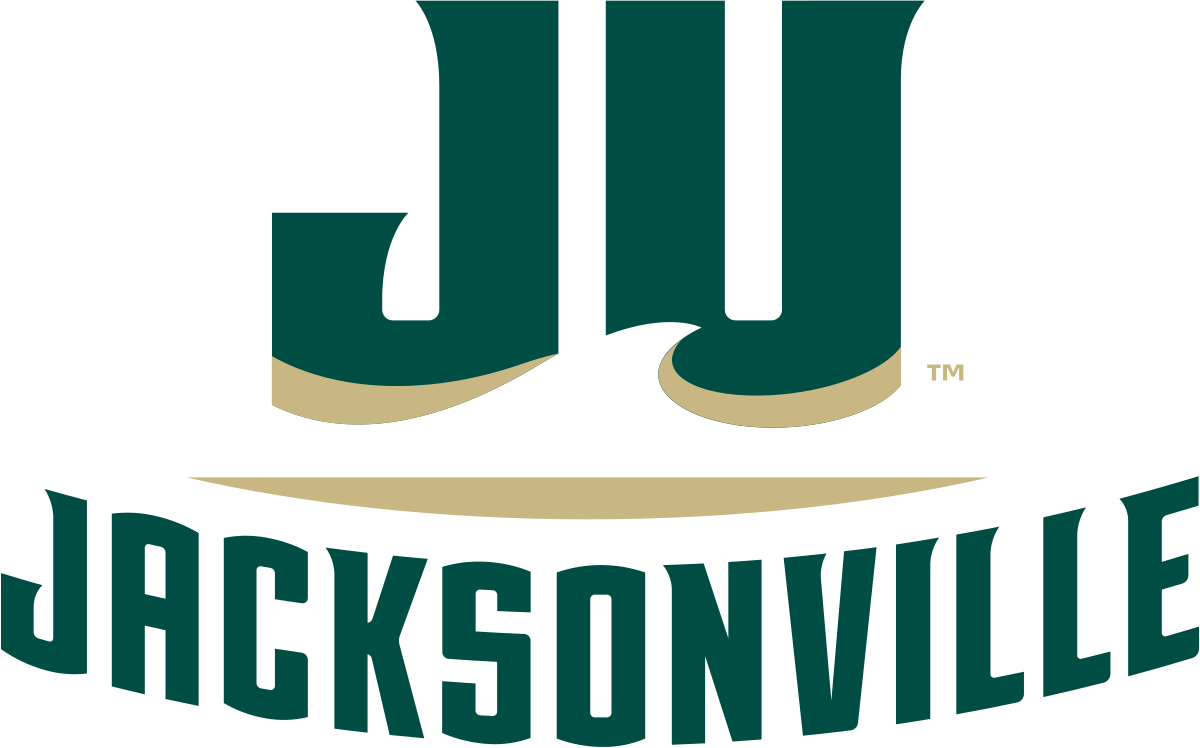
Abby Barhydt
Jacksonville University

Cortney Cowles
CSU – Pueblo

Melina Faris
University of Northern Colorado
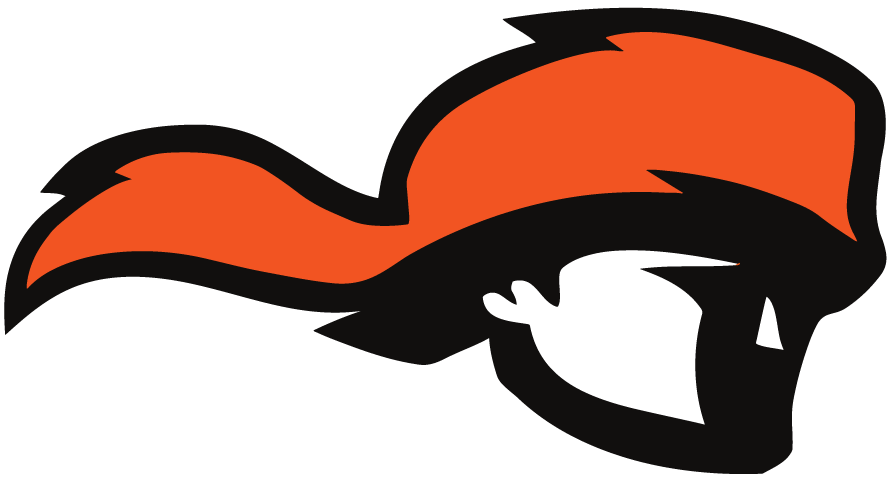
Joey Garrett
Tusculum University

Ashlie McFarlane
Tusculum University

Sharon Mayes
Catawba College
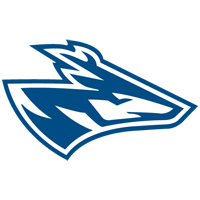
Aspen Brandich
University of Nebraska at Kearney

Jersey Garoutte
Fort Hayes State University
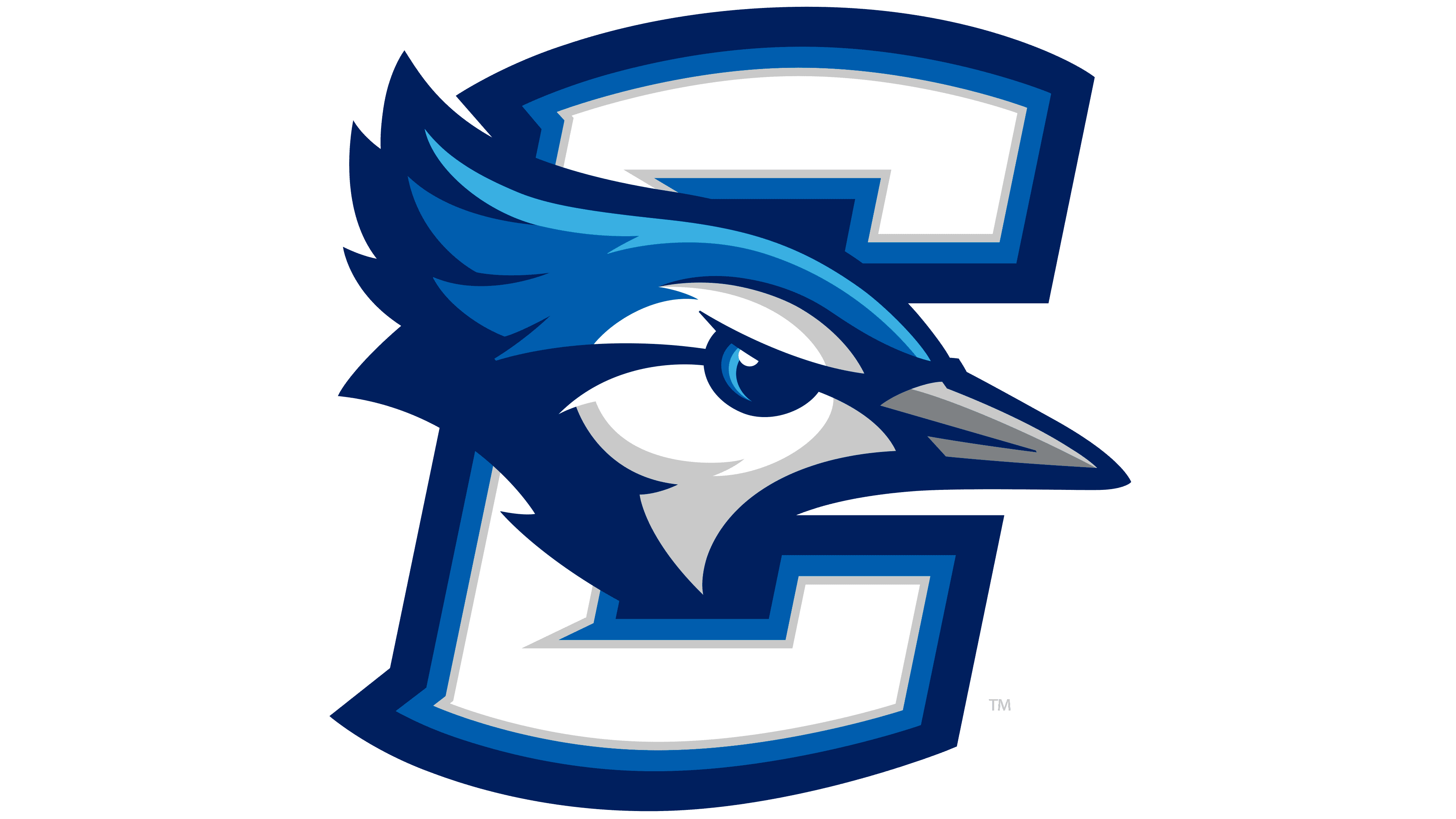
Trinity Harvey
Creighton University
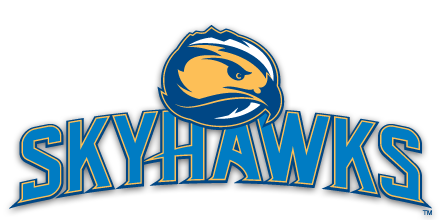
Harmony Meier
Fort Lewis College
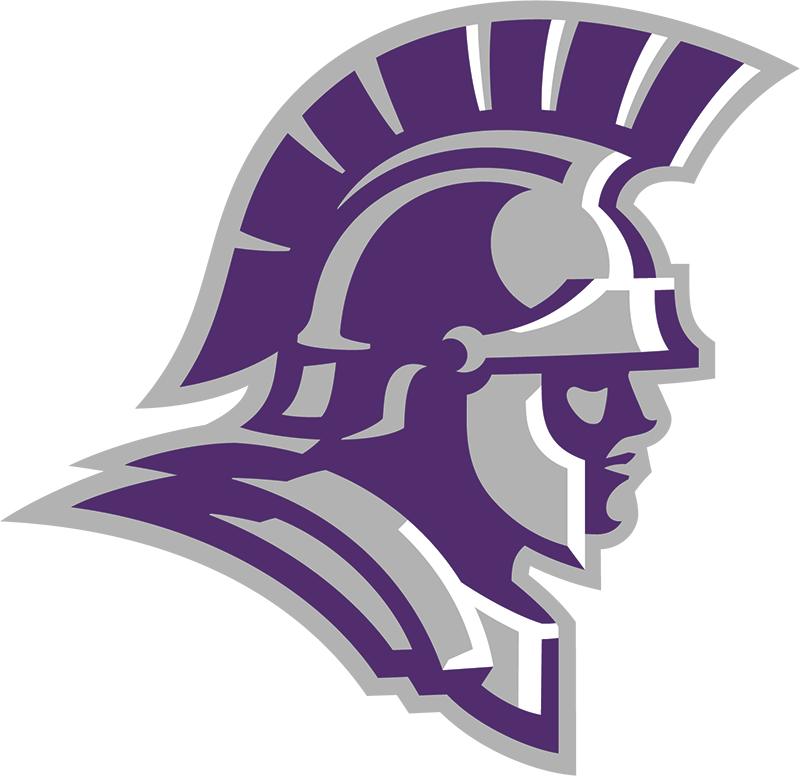
Caroline Monberg
Taylor University

Carolyn Naftanel
Colorado Mesa
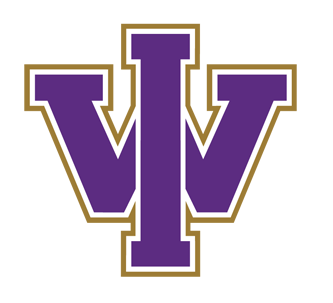
Ashlyn Bogue
Iowa Wesleyan University

Hannah Brower
Iowa Wesleyan University

Katlyn Rosenbaum
Fort Lewis College

Sarah Cambell
Central Christian College of Kansas

Courtney Cowles
CSU-Pueblo

Kimmy McKinney
Oklahoma Baptist

Kelsei Menson
Oklahoma Baptist
FAQs
What is Pride Soccer’s role in my college recruiting process?
Pride Soccer Club is committed to providing the best and most up-to-date resources for you to better understand the process and how to strategically work your way through it. Additionally, Pride Soccer will host a variety of College recruiting events throughout the year ranging from informational seminars, a College ID camp, and onboarding workshops with our college recruiting and video platforms, Sports Recruits and Hudl, respectively. The DOCs and your coaches will also help to provide individual sessions to answer questions or help guide you along the way.
I don’t play on the top team in my age group so I’m not good enough to play in college.
Myth – Pride Soccer Club has had countless players who were not on the top team in their age group have successful and fulfilling soccer careers in college. If you want to play soccer in college, then there is an opportunity out there for you. There is more than just NCAA D1 soccer, there is also high quality soccer and money available in D2, D3 (only merit aid, no athletic scholarships) and also NAIA and NJCAA schools.
I am not the best student - will I be able to play in college?
Possibly. Keeping your grades up is a very important part of collegiate athletics. You have to pass certain standards to get into school (NCAA requires a 1.7-2.0 depending on Division) but you also have to maintain a certain GPA (about 1.7-2.0 depending on Division) to remain eligible to play. The program itself may have stricter standards. The best thing you can do in high school is do your best to get your grades up and learn effective study habits. Additionally, you should be thoughtful in your college search about what level of academic rigor and types of programs are the best fit for you.
NCAA Division 1 has the best athletes and teams. A Division 1 team will always beat a Division 2 team. A Division 2 team will always beat a Division 3 team. NAIA has the least best teams.
Myth – The divisions are not delineated based on athletic performance – the divisions were created to provide a unique student-athlete experience for their players. The top half NCAA D2 can generally compete and beat with a large portion of NCAA D1 schools. There are certainly D3 programs out there that can also compete with D1 programs. NAIA, as well, has great teams and coaching staffs who put together teams that can compete with their counterparts.
What is the best way to get seen by college coaches and earn an athletic scholarship?
Performance on the field is the #1 way that you will get seen during the process. If you spend ample time training, developing your craft, and then make an impact during all the games you play, especially showcase events, college coaches will find you. Subsequently, you need to diligently reach out to colleges you’re interested in your freshmen and sophomore year to get on their radar. As you get older, coaches will then start reaching out to you. From here, you have to continue to play well AND develop relationships with coaches over a long period of time. This relationship and trust building are often the building blocks for athletic scholarships.
If I don’t play in NCAA Division 1 then I am wasting the time and money I spent in my club career.
Myth – You can still compete at a very high level in ALL of the divisions. You can still be an All-American in D2, D3, NAIA, and NJCAA. You can still win a National Championship. The Fall seasons are laid out virtually the same for all the divisions (20 games in the fall across the board, except NJCAA can have 22). The biggest difference comes in the amount of time that college coaches are allowed to spend with their players in the non-traditional seasons (off-season and Spring Season). D1 has the highest demand, D2 the second highest, D3 the lowest and NAIA and JC have very little rules so it varies by coach. This means that non-Division one players have more freedom in the non-traditional season to hold jobs and internships, study abroad, have a more robust social life, and take weekend trips.
How do I get in contact with coaches? When am I allowed to talk to them?
You are allowed to reach out and contact college coaches at any point in your recruiting process. Coaches, however, are limited to when they can reach back out to you based on their division. Division 1 schools have the strictest rules and are not allowed to reach out via email until June 15th before your junior year, they cannot call or bring you to campus for visits until September 1st of your junior year. Division 2 coaches can email, call, and bring you to campus for visits starting June15th before your junior year. The other division coaches have little to no rules regarding their communication with you, so use this to your advantage if you are looking at D3, NAIA or NJCAA schools.
Will there be athletic scholarship money available for me?
It is quite possible, but you have to do a lot of work to perform while you are on the field and to create relationships with college coaches. Soccer is a non-head count sport so college coaches can split their scholarship up however they choose between their players. You might, for example, get a 60% scholarship. There are SO many other opportunities for merit aid and aid based on financial need. It is important to look into these options your junior and senior year as it is rare for coaches to give out full athletic scholarships very often.

Is spending money on College ID camps worth it?
It can be a very helpful tool to get you noticed by that college’s coaching staff. However, be aware that ID camps are also huge revenue makers for college programs and their staff coaches. They often will not cap the number of players and will not limit by level of player. Some ID camps will also be coached by outside coaches, instead of solely by the coaches of that program. Before you commit to an ID camp, try and contact the camp coordinator to ask these questions, especially if you are coming from out-of-town or out-of-state. Pride Soccer highly recommends going to ID camps where the coaches have shown interest in you already or you have had multiple contacts with their staff already (For D1 and D2 this would happen after June 15th before your junior year). When a coach already has you on their radar it is much more likely that you will get seen and evaluated while in a large ID setting.
If I go on an official visit I am showing the college coach that I am committing to their program.
Myth – Official visits are a way for the college coaches to show their high level of interest in you as a player because they are paying for your trip to campus from their own recruiting funds. This is unlike unofficial visits where the trip is paid by your own family. If you go on an official visit, you and your family are under NO obligation to commit to that program during or after the visit. College coaches will NOT spend the money to bring players to campus who they are not very interested in. Use this to your advantage to help save money on your end.

